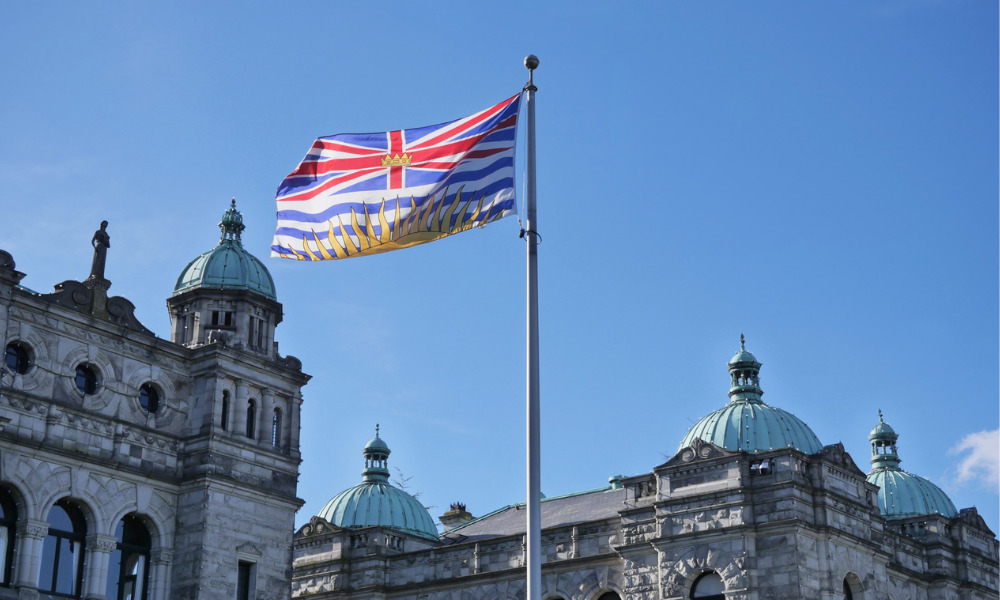Court found draft will accurately reflected deceased's ultimate wishes to revoke the earlier will

In a recent ruling, the BC Supreme Court has decreed that a draft will that failed to represent the deceased’s definitive intentions regarding the distribution of his estate revoked an earlier formal will, leading to intestacy.
The dispute in Cooper Estate, 2024 BCSC 218 stemmed from competing claims between Grant Cooper, the deceased’s brother, and Beverly Wighton, who asserted she was the common-law spouse of the deceased at the time of his passing. The intertwined legal battles revolved around the validity and execution of Cooper's testamentary documents and their implications for the estate's distribution.
The deceased, Donald Cooper, was a lawyer who left behind two testamentary instruments—a formally executed will from 1989 and a 2017 draft will prepared by his law partner. The crux of the matter hinged on whether the informal 2017 document met the legal standards set by the Wills, Estates, and Succession Act (WESA) to either revoke the 1989 will entirely or in part.
There was no issue that the 1989 will complied with the formal requirements of the WESA, the 2017 will, however, did not comply with the formal requirements. The issue then was whether the curative provisions found in s. 58 of WESA operate to revoke the 1989 will or validate the 2017 draft will in whole or in part.
The court analyzed WESA's sections, particularly focusing on s. 58, which provides the court discretion to validate non-compliant testamentary documents if they convincingly represent the deceased's intentions. The court found that the revocation clause within the 2017 draft will, which explicitly nullified previous wills, accurately reflected Cooper's final wishes, thereby revoking the 1989 will.
The ruling ultimately led Cooper's estate to be administered under intestacy rules, as the remainder of the 2017 draft will was deemed not to represent Cooper's definitive intentions regarding his estate's distribution. The court underscored the necessity of testamentary documents to unequivocally articulate the testator's intentions, highlighting the delicate balance between adhering to statutory formalities and honoring the deceased's wishes.
Moreover, the court refrained from delving into the determination of Wighton's status as Cooper's spouse or the subsequent administrative proceedings, leaving these issues open for future legal examination.










